Blog
Press Release: June 8, 2021
First Things First
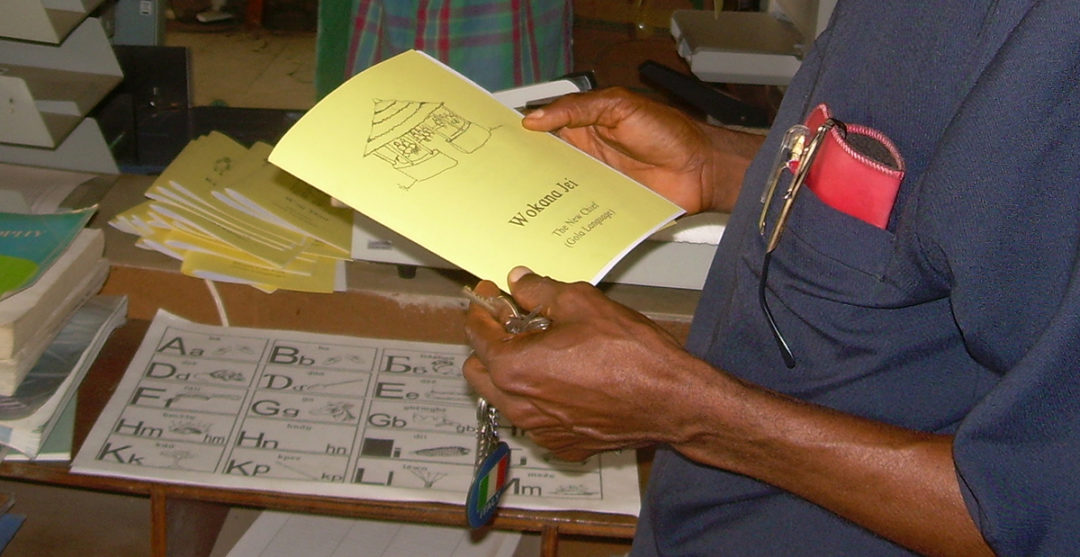
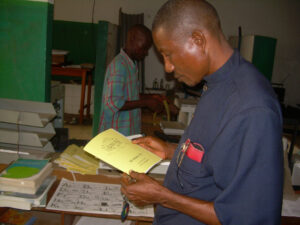
“What do you need to teach people before they can learn to read or write?”
An LBT missionary asked that question years ago while meeting with several language teams in Liberia. Someone answered, “The alphabet.”
The missionary wrote alphabet at the bottom of the chalkboard and numbered it “20”. Then she asked, “What are the first 19 things they need to know before that?”
Those long-ago discussions helped the Liberia Translation and Literacy Organization (LIBTRALO)—then a fledgling organization—take the first steps towards developing an effective literacy program that today benefits over a dozen language communities.
The things you and I take for granted are not a given in Liberia and many other areas of the world. If you’re like me, you learned to read as a child. I had been exposed to the written word in my language long before I started school. Trained teachers used a multitude of resources to instruct me on a daily basis when I was old enough to attend the fully equipped public school that was just a block or two from my home. They already knew about the first 19 things new readers need to learn, like how to hold a pencil, how to erase without tearing a hole in the paper, and how to recognize the shape of each letter.
For LIBTRALO and other literacy organizations, implementing literacy programs for minority languages—especially those with a recently developed writing system—basically means starting from scratch. It involves training teachers, producing materials, supervision and monitoring, expanding the number of classes in various locations to meet growing needs—it’s impossible to list all the details in this short post. To gain a better appreciation for the scope of LIBTRALO’s literacy program, click here.
We are privileged to be able to read and write our language with proficiency and confidence. We can sign our names, read a contract, follow written instructions, enjoy books for education or recreation. We can read the Bible in a language we understand. Everyone deserves the opportunities literacy can bring. You can help! Click here to learn more about LIBTRALO and other literacy programs.

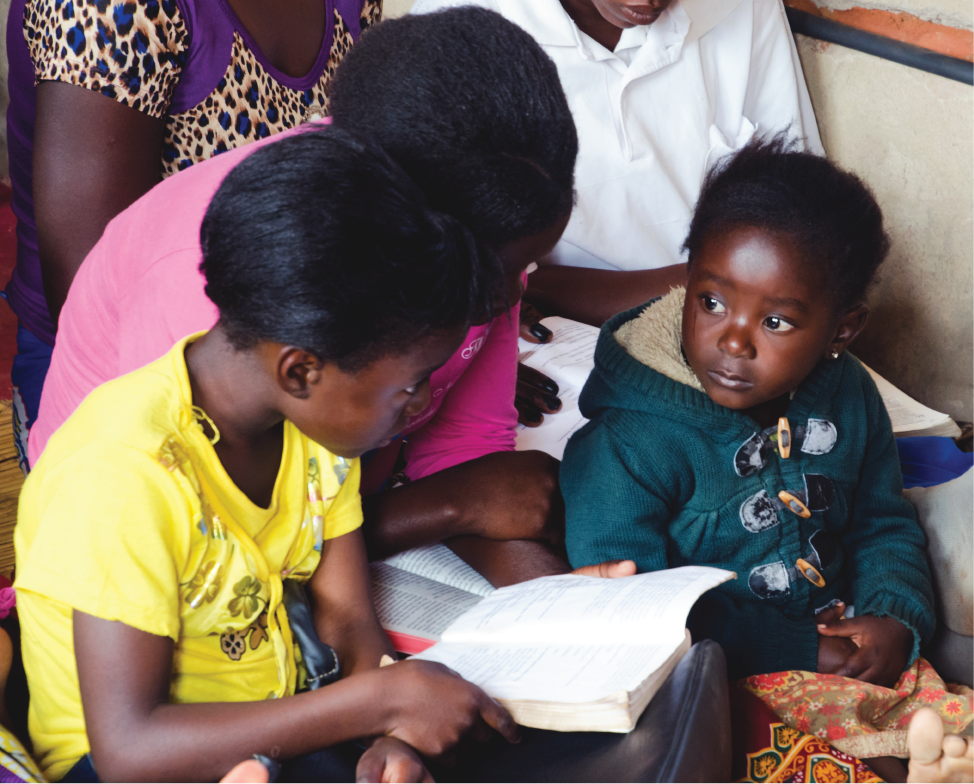
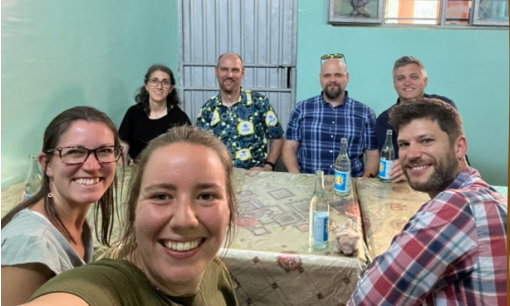
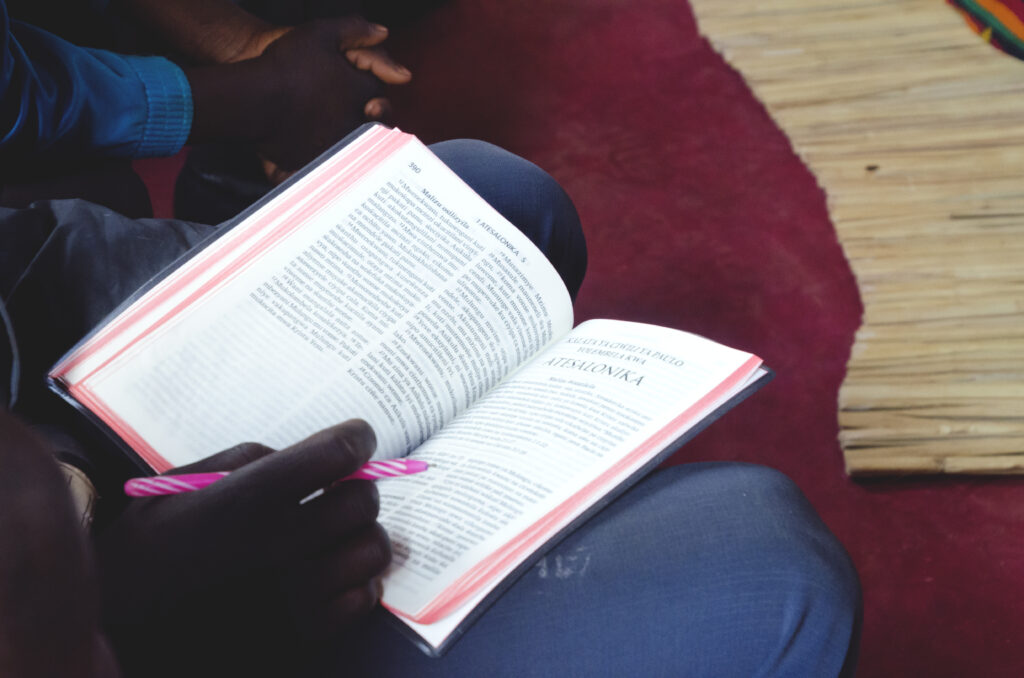
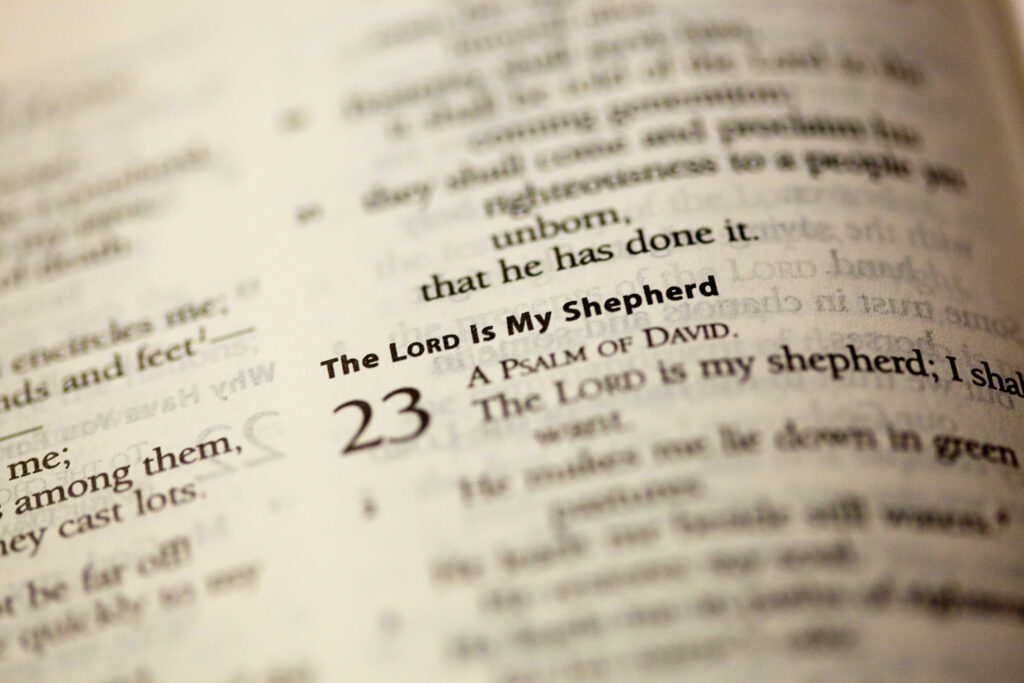
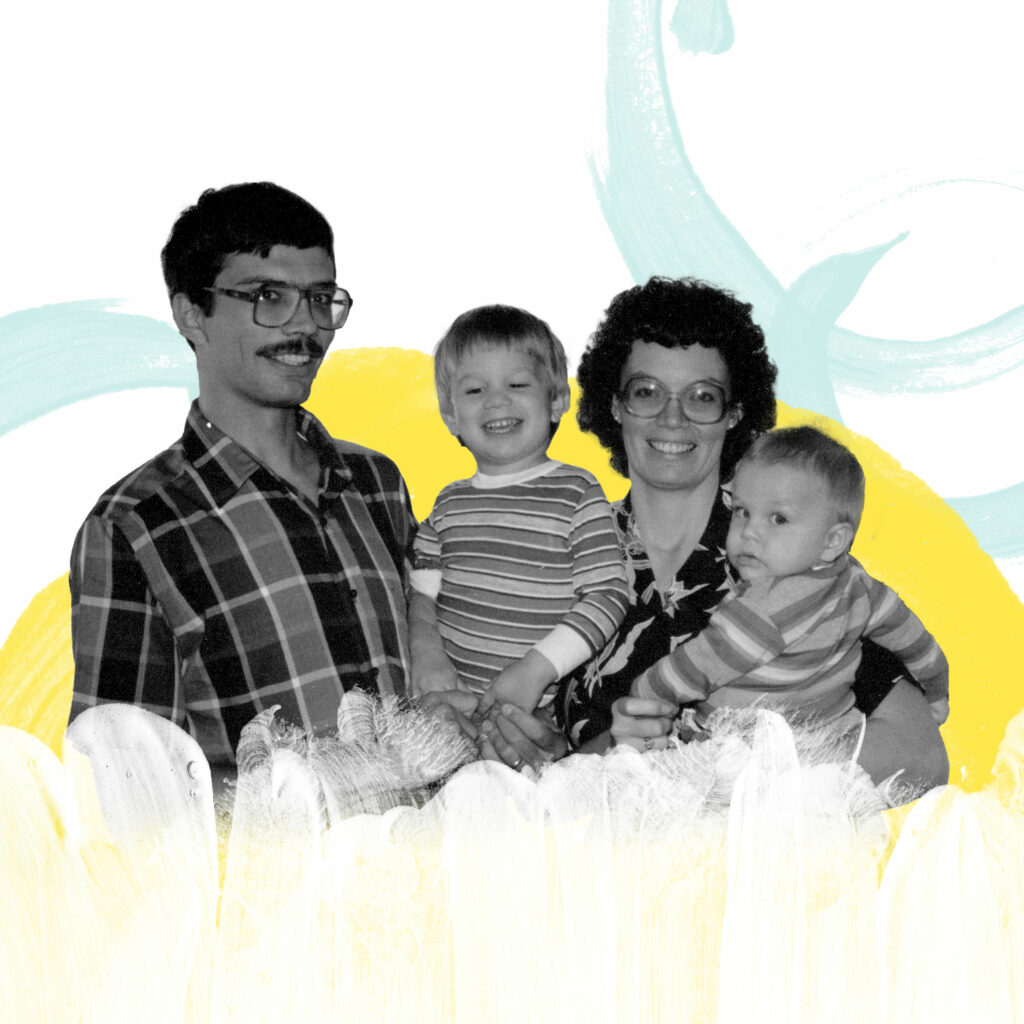
Leave a Reply
You must be logged in to post a comment.